Is it just me, or is everyone obsessed with matcha? As soon as I open any social media app on my phone I am greeted with clips of people making matcha, going for matcha dates or talking about the health benefits of this trending green drink. From Blank Street to Pret, you can pick up a matcha pretty much anywhere these days, and there are all sorts of variations out there (who remembers the blueberry matcha craze?). The thing is, I only tried it myself a few months ago, and I'm still not really sure what it is, if I like it and if it's actually good for me.
However, I think the first thing worth noting is that matcha isn't actually the flash-in-the-pan wellness trend that you might think it is. The tea actually has a rich history. It can be traced back to China hundreds and hundreds (and hundreds) of years ago, before making its way to Japan and becoming a traditional part of Japanese tea ceremonies.
Thanks to this rich history and its apparent health benefits, I've been keen to learn more about this popular drink. So, like any good journalist, I decided to reach out to the experts to find out where matcha comes from and how (or if) drinking matcha could benefit me in any way. Intrigued to learn my findings? Just keep on scrolling...
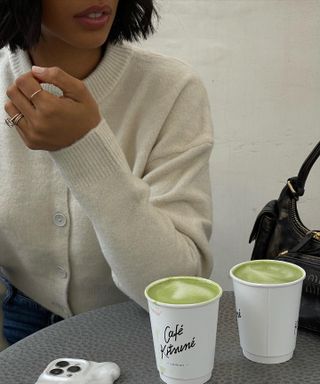
What Is Matcha?
First things first, what actually is matcha? According to Clarissa Berry, nutritionist at leading health and wellness brand Dirtea, matcha is a specific type of green tea that is made from finely ground, powdered tea leaves. "Like all tea, it comes from the camellia sinensis plant," adds Maria Dawson, managing director at Clearspring.
"To prepare matcha, tea plants are grown in the shade, increasing their chlorophyll content and giving matcha its vibrant green colour," Berry tells me. "The tea leaves are harvested, dried and ground into a superfine powder, which is later dissolved in water to be consumed."
According to Dawson, the youngest, most vibrant leaves at the top of the tea bush are those chosen to make the most celebrated variety of matcha, called 'ceremonial'. "This is the variety used during Japanese tea ceremonies to enjoy traditional matcha made with warm water," she says.
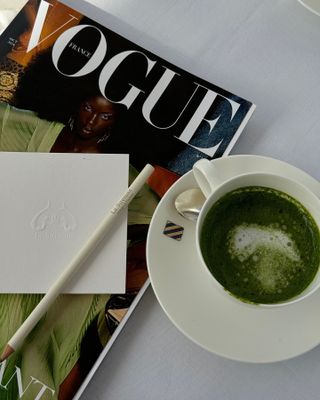
How Can You Prepare Matcha?
I'm sure you've all heard of a matcha latte, but as explained to me by Berry, this drink is a popular Western twist on traditional matcha tea and uses steamed milk instead of water. However, I was keen to find out how to prepare a traditional matcha drink.
"Traditionally, matcha is prepared as tea by whisking the powder into hot water," says Berry. "First, add a heaped teaspoon of matcha powder to a small bowl, followed by a splash of hot (but not boiling) water. Using a traditional bamboo whisk, mix the powder into the water using a zigzag motion, until fully dissolved and frothy. Finally, top up [your tea] with hot water."
What Does Matcha Taste Like?
There are so many drinks out there that combine matcha with flavoured milks and sugary syrups, but I was keen to know what matcha actually tastes like on its own. "Matcha is deliciously green-tasting, if that’s a thing," says Berry. "It has quite an earthy, grassy taste, well balanced with natural sweetness, savoury richness and sometimes a slight but pleasant bitterness. It is smooth, fresh and complex."

What Are the Health Benefits of Drinking Matcha?
According to the experts, matcha really does have some incredible health benefits. "The differences in the cultivation and preparation of matcha compared to regular green tea, and the fact that the entire leaf is consumed rather than just its infusion, means that matcha is considerably richer in antioxidants," explains Berry. "It’s particularly renowned for its concentration of EGCG, a potent antioxidant that can help to reduce inflammation in the body and promote both heart and brain health. It also provides a hefty dose of chlorophyll, which has antioxidant properties and is also highly nutritious."
Not only that, but this tea could help with stress and those dreaded post-caffeine jitters. "Matcha is rich in caffeine which makes it highly energising and cognitively stimulating, similar to a cup of coffee," says Berry. "However, what’s interesting is that it also provides a source of l-theanine, an amino acid that promotes the production of calming neurotransmitters in the brain. L-theanine has been shown to reduce stress, improve mental alertness and offset some of the more stimulating effects of caffeine like anxiety or jitters."
Is Matcha Better for You Than Coffee?
Considering all of the health benefits, it begs the question, should we all be switching our coffee for matcha? "On balance, it can be argued that matcha is the healthier choice, but that’s not to say that coffee isn’t also healthy," says Berry. "However, matcha has a slight edge on antioxidant content, and has unique properties from chlorophyll, which besides its antioxidant benefits may support detoxification, l-theanine, which promotes relaxation and mental clarity, and catechins like EGCG, a super-strength antioxidant with benefits on heart health and metabolism. Furthermore, coffee is far more acidic than matcha and can cause problems for some people with sensitive stomachs."
That being said, some may find the idea of a cup of coffee in the morning more appealing, and there's nothing wrong with that. "I prefer to look at the unique benefits of both matcha and coffee, rather than comparing them," says clinical nutritionist and founder of JSHealth, Jess Sepel. "Matcha may feel gentler on the body, while coffee provides its own energizing qualities. The best choice comes down to preference and what feels right for an individual on their wellness journey. We encourage following the JSHealth rule of enjoying just one caffeinated drink a day before midday." Of course, if you prefer to avoid caffeine all together, then neither of these drinks will be the right choice for you.

What to Look for When Buying Matcha
If after reading this article, you've decided that you want to give matcha a go, it's worth knowing what to look out for when buying it yourself. According to Berry, there are several things to consider. "Firstly, always choose 'ceremonial grade' matcha, as this is the highest quality matcha and will provide the highest concentrations of active components," she says. "I would also always choose a Japanese matcha, due to centuries of expertise in growing and processing matcha tea."
Berry says it's also worth opting for an organic certified matcha, which means that the matcha was grown without pesticides or synthetic fertilisers. "Vibrance of colour and a smooth, powdery texture are also good indicators of quality," she adds.
Shop Matcha Products
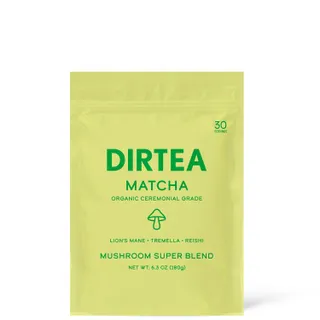
Dirtea
Matcha Super Blend
Foraged in the Shizuoka region of Japan, Dirtea's offering combines 100% ceremonial-grade matcha with mushrooms and adaptogens. According to Berry, these additional ingredients compound its benefits and further prevent post-caffeine jitters.
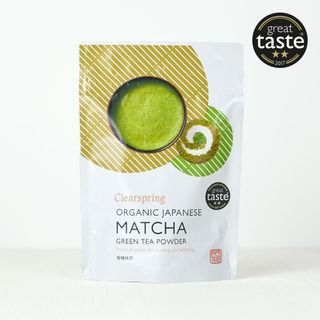
Clearspring
Organic Japanese Matcha Green Tea Powder - Premium Grade
"Clearspring's organic matcha comes from Uji, a region high in the hills around Kyoto, renowned for producing the best Japanese teas," says Dawson.
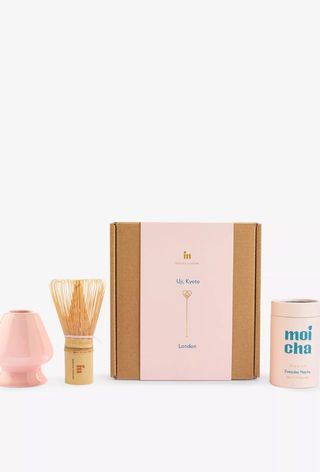
Moicha
Traditional Matcha Whisk Gift Set
This set comes with everything you need to make matcha at home.
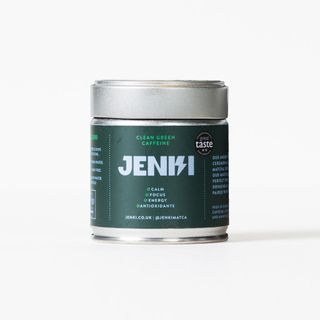
Jenki
Ceremonial Grade Matcha
This 100% ceremonial grade matcha is hand sourced from the foothills of Uji in Japan.















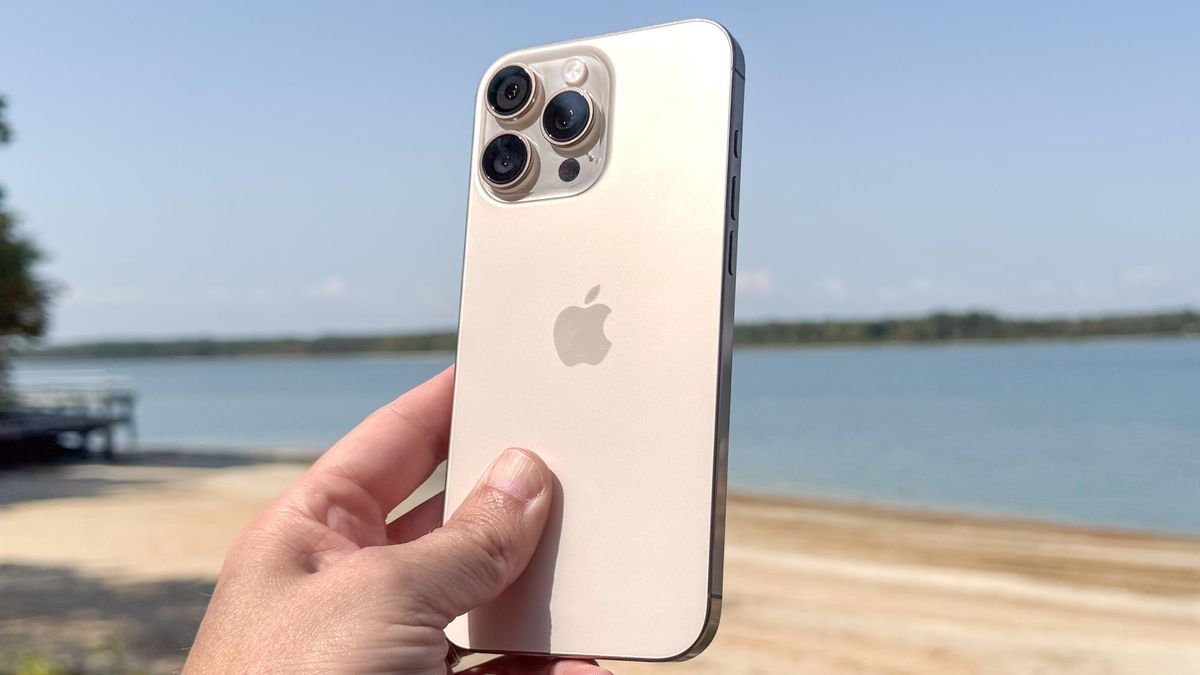


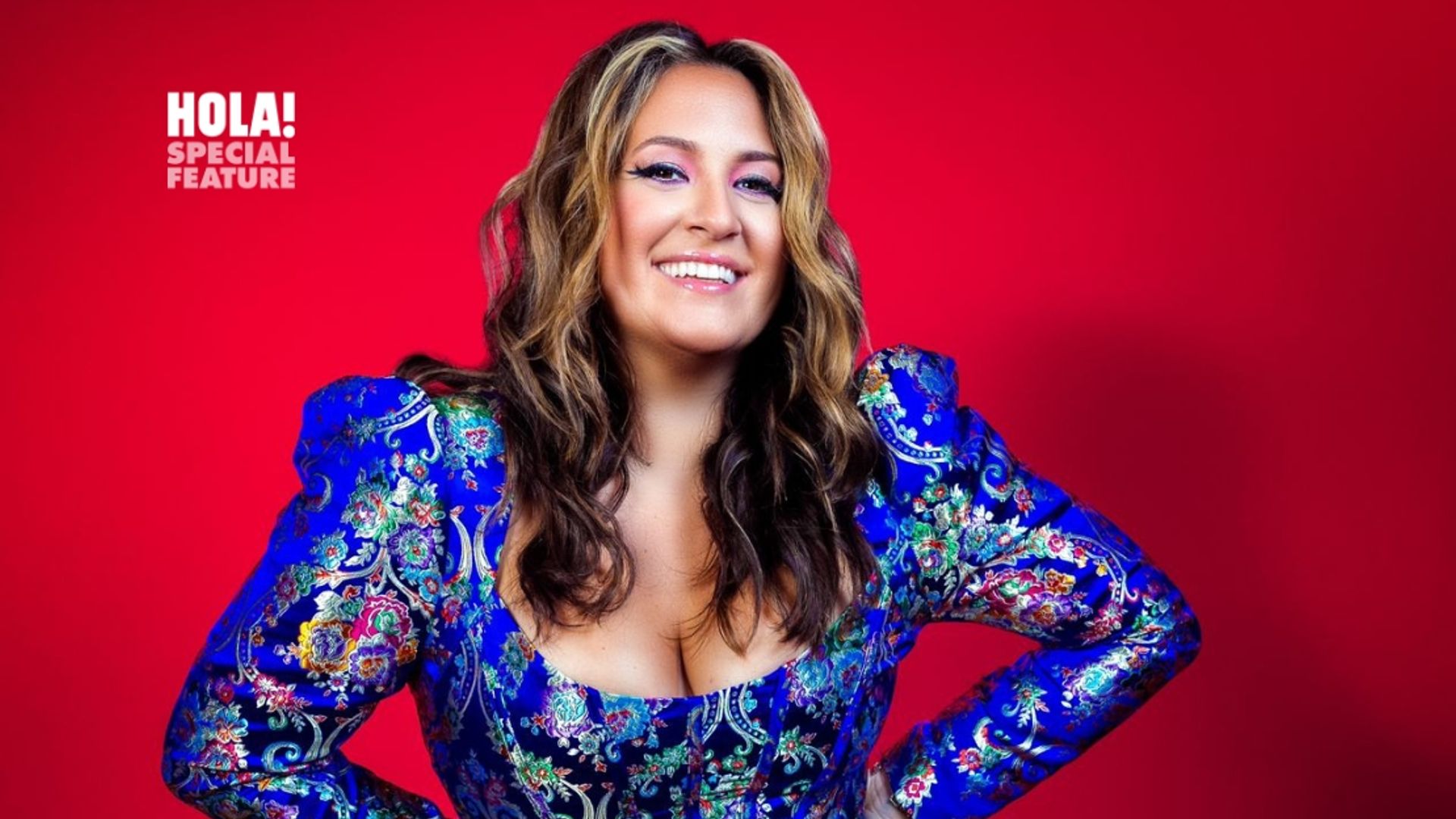)
 English (US) ·
English (US) ·